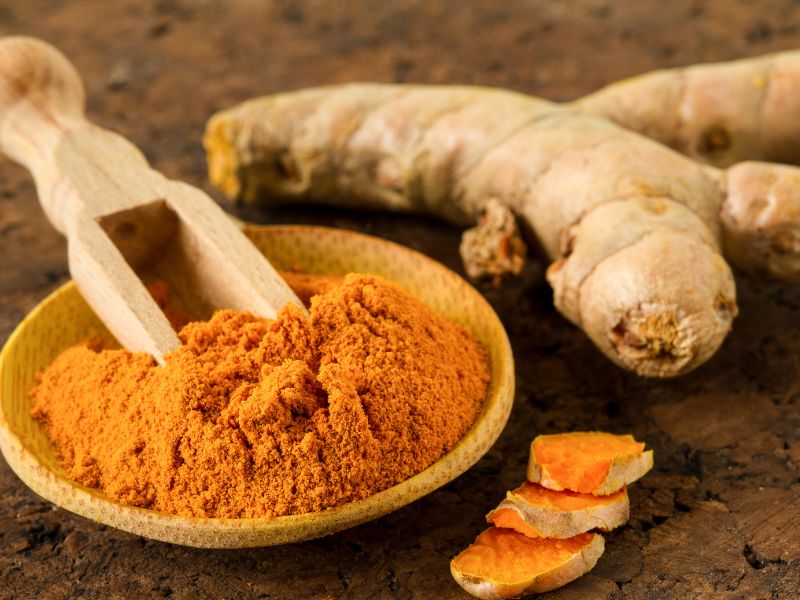Turmeric, a bright orange-yellow spice commonly found in curry dishes, has been used for centuries in traditional medicine and cuisine. It is derived from the Curcuma longa plant and is a staple in Indian and Southeast Asian cooking. In recent years, turmeric has gained popularity as a health supplement, with numerous claims about its potential benefits. However, it is essential to explore whether science supports these assertions. Let’s take a closer look at some of the purported health benefits of turmeric and the scientific evidence behind them.

Canva. com
Anti-Inflammatory Properties
One of the most well-known claims about turmeric is its anti-inflammatory properties. Curcumin, the active compound in turmeric, is believed to inhibit inflammation pathways in the body. Several studies have shown that curcumin can reduce inflammation and may be beneficial in conditions like arthritis and inflammatory bowel disease. However, the effectiveness of curcumin can vary, and its absorption rate in the body is relatively low.
Potential Pain Relief
Some proponents claim that turmeric can relieve pain, particularly in conditions like osteoarthritis. Studies have shown that curcumin may have analgesic effects and might help alleviate pain and improve joint function in specific individuals. However, more rigorous clinical trials are needed to establish its effectiveness as a pain-relieving agent.

Canva. com
Cognitive Health And Mood Enhancement
Another popular belief is that turmeric may support cognitive health and improve mood. Research suggests curcumin could help protect the brain from age-related decline and enhance certain cognitive functions. Additionally, some studies indicate that it might have antidepressant effects. Nevertheless, more research is required to understand the mechanisms and potential benefits fully.
Cancer Prevention And Treatment
Turmeric has also been studied for its potential anticancer properties. Some lab studies and animal research have shown promising results regarding curcumin’s ability to inhibit the growth and spread of cancer cells. However, it is essential to note that these findings are still preliminary, and further clinical trials on human subjects are necessary to determine the impact on cancer prevention and treatment.
